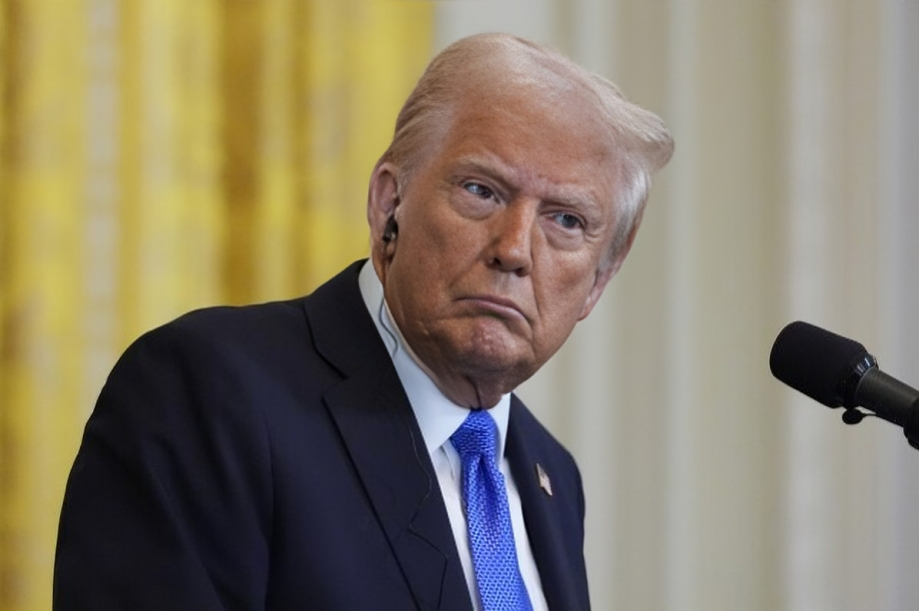USA: The United States has voiced strong concerns over South Africa’s newly enacted land expropriation law, which allows the government to seize land without compensation under specific conditions. US officials argue that the legislation could undermine property rights, deter foreign investment, and lead to economic instability. The move has sparked tensions between the two nations, with Washington warning of potential repercussions for trade and diplomatic relations. South African authorities, however, maintain that the law is essential for addressing historical injustices and redistributing land more equitably.
The South African government insists that the law is designed to promote social justice and rectify the deep-rooted land inequalities that stem from the apartheid era. Officials emphasize that expropriation without compensation will only be applied in cases where land is unused or held for speculative purposes, ensuring that agricultural productivity and economic stability remain intact. Nevertheless, critics fear that the policy could lead to unintended consequences, such as reduced investor confidence and legal disputes over property rights.
The debate surrounding the law has drawn international attention, with human rights organizations and economic analysts weighing in on the potential impact. Some experts argue that land redistribution is necessary for social cohesion and economic transformation, while others caution that poorly implemented policies could lead to decreased agricultural output and food insecurity. The controversy has also fueled domestic divisions, with opposition parties and business leaders expressing skepticism about the long-term economic implications.
Amid the growing concerns, South Africa’s government has sought to reassure both domestic and international stakeholders. Officials have reiterated that the law will be implemented cautiously and in accordance with constitutional principles. However, the US has hinted at possible diplomatic measures in response, raising the prospect of trade restrictions or reduced economic cooperation. The evolving situation continues to be closely monitored by policymakers, investors, and legal experts, as both countries navigate the complex political and economic ramifications of the new legislation.



